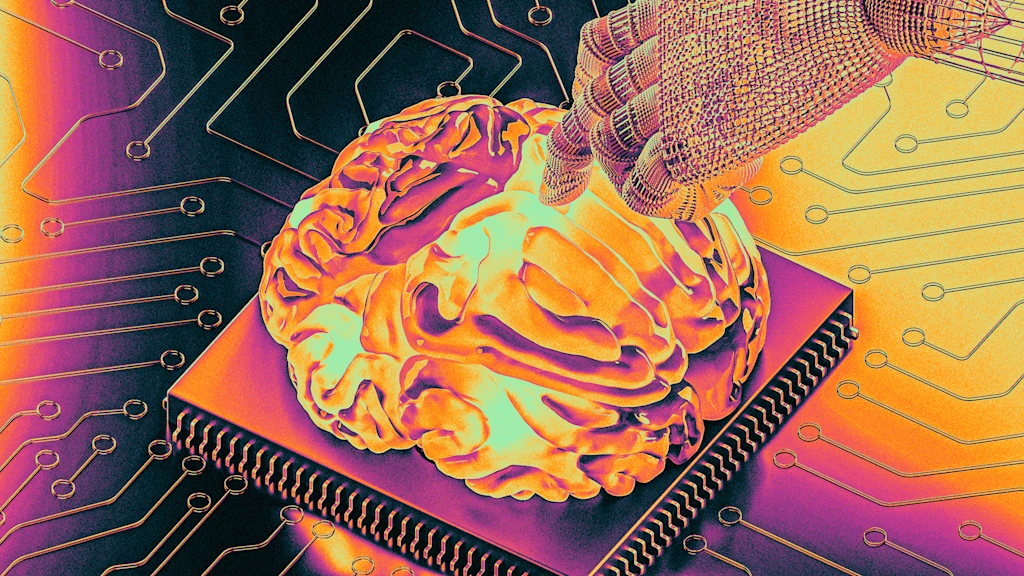
"When OpenAI released " study mode" in July 2025, the company touted ChatGPT's educational benefits. "When ChatGPT is prompted to teach or tutor, it can significantly improve academic performance," the company's vice president of education told reporters at the product's launch. But any dedicated teacher would be right to wonder: Is this just marketing, or does scholarly research really support such claims?"
"While generative AI tools are moving into classrooms at lightning speed, robust research on the question at hand hasn't moved nearly as fast. Some early studies have shown benefits for certain groups such as computer programming students and English language learners. And there have been a number of other optimistic studies on AI in education, such as one published in the journal Nature in May 2025 suggesting that chatbots may aid learning and higher-order thinking."
"In other words, early research is only beginning to scratch the surface of how this technology will truly affect learning and cognition in the long run. Where else can we look for clues? As a cognitive psychologist who has studied how college students are using AI, I have found that my field offers valuable guidance for identifying when AI can be a brain booster and when it risks becoming a brain drain."
OpenAI introduced a study mode for ChatGPT that was promoted as improving academic performance when used to teach or tutor. Early research shows mixed results: some studies report gains for groups like programming students and English language learners, and a Nature paper suggested chatbots might support higher-order thinking. Many studies suffer from methodological weaknesses, however, and other research indicates harms, including worse later performance when AI assistance is unavailable. Cognitive psychology offers concepts and evidence useful for assessing when AI will enhance learning versus when it may erode skill development and critical thinking.
Read at Fast Company
Unable to calculate read time
Collection
[
|
...
]